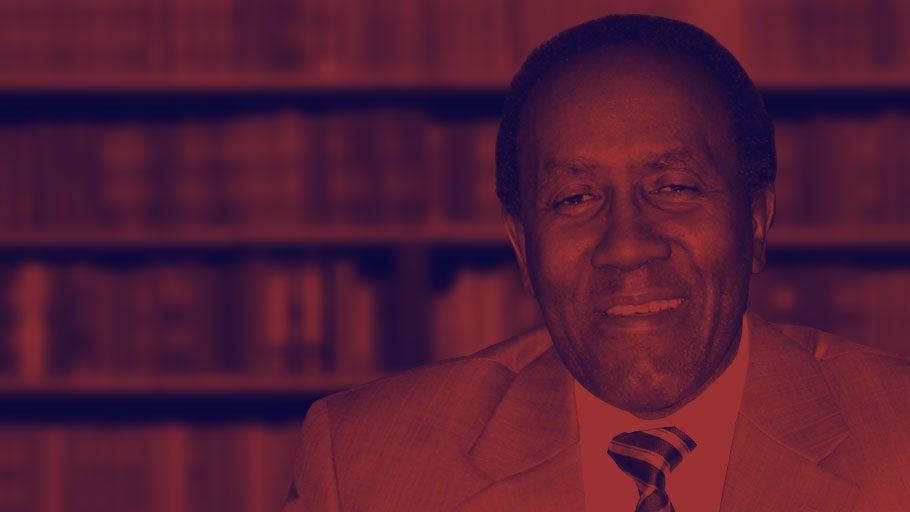Gangs, guns and transnational crime have had a destabilizing impact on the Caribbean. The region has no capacity to manufacture guns but the introduction of lethal hand pistols and high powered rifles have altered the tranquil waters of the Caribbean. A recent study by the United Nations Development Program titled, “The Caribbean Human Development Report 2012” chronicles the upsurge in crime particularly in the Eastern Caribbean from 1990 to 2010. In the last couple of years, serious crimes have crested.
The triangular phenomenon of gangs, guns and crime began in Jamaica from the 1970s. In the case of Trinidad and Tobago, crime took an alarming leap at the turn of the twenty-first century. Thus far Barbados has been able to avoid the mayhem rampant in the islands but with the new economic troubles in Barbados, it will be interesting to observe if that extant social capital and the culture of social order will be preserved.
Since the 1970s, the United States became pre-occupied with the damage that the drug trade and drug addiction was doing to American society. There was a declaration of a war on drugs and a concerted effort that is ongoing to prevent drugs penetrating the border of the United States.
There was a time in the 1970s and 1980s when there was an influx of marijuana from Jamaica. Mostly the United States was concerned that Latin American drug cartels were using Caribbean islands as a trans-shipment point for the smuggling of cocaine into Europe and America. The United States signed the ship-rider agreement with Caribbean countries that enabled U.S. vessels to engage in hot pursuit of speed boats suspected of carrying drugs.
Caribbean countries have a vested interest in thwarting the influx of drugs from Latin American cartels but they were equally concerned with the influx of firearms. The politics in the United States allowed for a permissive policy vis-à-vis guns. For decades the hands of the Alcohol, Tobacco and Fire were tied. The slack enforcement of gun control and the gun culture in places like Florida made it easy for scoundrels to purchase lethal weapons and to find ways to smuggle them into the region.
America was more preoccupied in stopping the drugs rather than stopping the guns. But now the international drug prohibition adamantly supported by the United States government is no longer iron clad. States like Colorado, Washington and California have moved or are in the process of legalizing marijuana. Many other states have authorized the medical use of marijuana. Other states or cities like New York City have essentially de-criminalized small quantities of marijuana although there is still a commitment to prosecute the drug dealers.
On the federal governmental level, there is a growing recognition that the war on drugs has been a colossal failure. Coinciding with the crackdown on drugs, the prison population that was approximately over 200,000 in the 1970s rose exponentially to 1.5 million at present. The burgeoning of the prison population has been costly and there is now proposed legislation to release prisoners who have been given harsh sentences for non-violent drug crimes should be eligible for early release. Non-governmental entities have been making the case for drugs to be treated as a health issue not as a criminal matter.
The mad rush to legalize marijuana has taken place devoid of careful scientific analysis. Different species of marijuana have variegated levels of THC. What level of potency is harmful or not harmful has not been carefully studied. Nonetheless, the majority public opinion in America is for the legalization of marijuana and the presumption is that “weed” is not more harmful than alcohol.
This triggers a dilemma for the Caribbean region. In Jamaica, advocates for legalization have emerged and voices arguing that the export of Jamaican “ganja” could contribute to alleviating the economic crisis. The issue for the Caribbean as it is for the United States is by tackling drugs as a health issue and not as a form of criminality, does it make drug cartels anachronistic and eliminate the raison d’etre for gangs. The profit motive would become non-existent and the state would become involved in the regulation of the industry.
We have entered a twilight zone vis-à-vis drugs and we do not know all the social, mental and economic ramifications. We do know that drugs have been one of the driving forces behind crime in the Caribbean. But crime is a complex issue and poverty, income inequality, and unemployment are also critical factors.
The Caribbean is undergoing economic contractions and lacks the resources to mount a serious onslaught on the scourge of violent crime. The debate on the future of drug prohibition will certainly affect the region and Caribbean leaders have to be in the vanguard of that debate.














